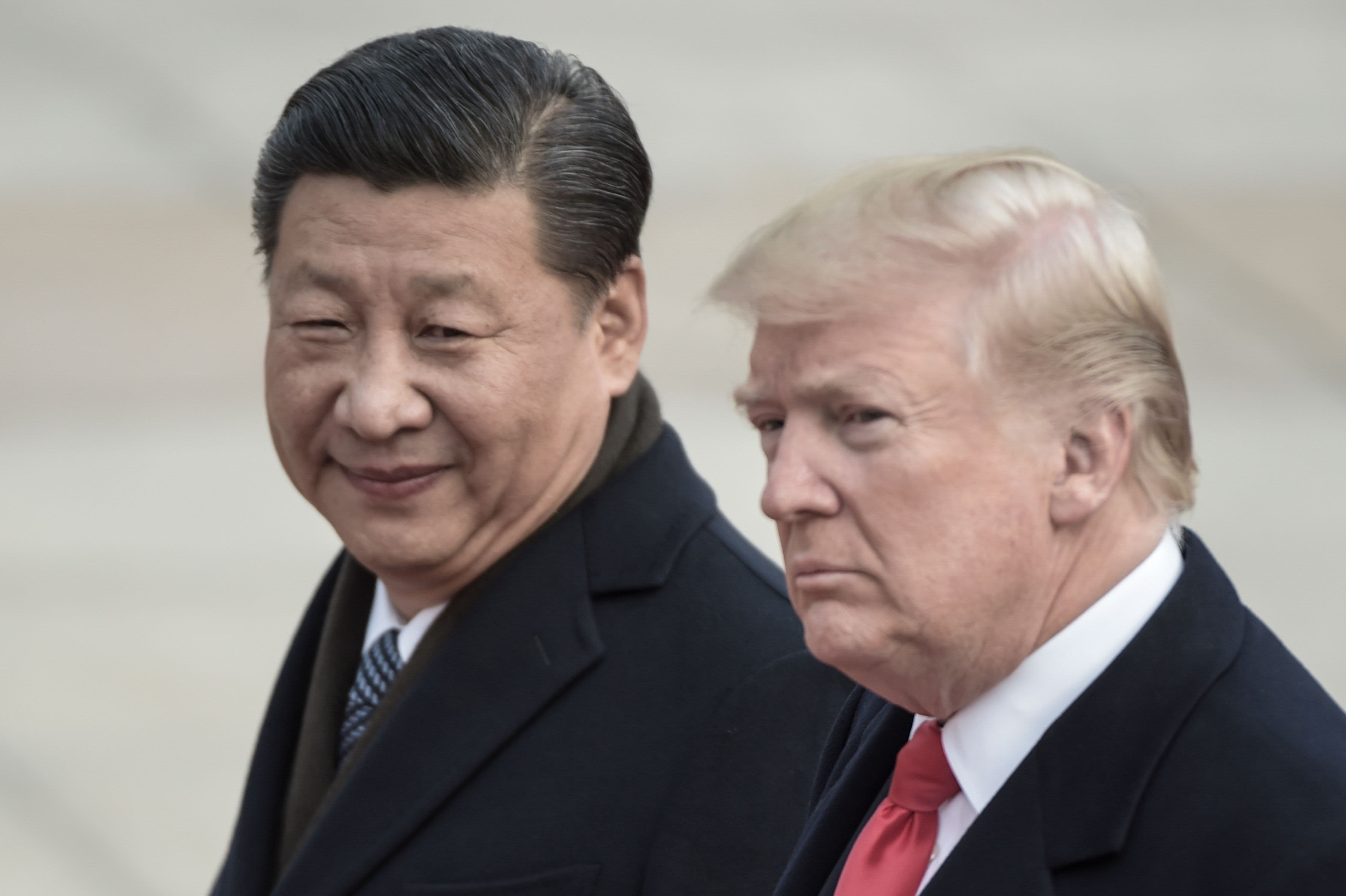China to release document laying out stance on negotiations with US as trade war escalates - 3 minutes read

Chinese President Xi Jinping and U.S. President Donald Trump attend a welcome ceremony at the Great Hall of the People in Beijing on November 9, 2017.
Fred Dufour | AFP | Getty Images
The Chinese government plans to release a white paper laying out its position on trade talks with the U.S., amid uncertainty about whether the two sides will return to the negotiating table and growing concern that the trade war will only continue to escalate.
The position paper is scheduled to be released Sunday morning Beijing time, according to state-run Xinhua news agency. The Chinese government will also hold a press conference.
The trade war continued to escalate this week with no clear exit for China and the U.S.
Beijing threatened to restrict rare-earth mineral exports to the U.S. China controls about 35% of the world's rare-earth reserves, which are critical for a wide-range of key industries including tech, automotive and defense among others. The U.S. is heavily reliant on imports to meet its rare-earth needs and 80% come from China.
The threat to restrict rare-earth minerals comes amid increasingly militaristic rhetoric from Beijing. A commentary in the People's Daily, the country's largest newspaper, cautioned the U.S. not to underestimate China: "Don't say we didn't warn you!"
That phrase was used before China's border war with India in 1962 and prior to the China-Vietnam War in 1979. President Xi Jinping has also called on China to prepare for a "new Long March," a reference to the Communist Party's long -- but ultimately successful -- struggle against nationalist forces during the Chinese civil war.
For months, the markets expected the U.S. and China to reach a trade deal amid optimistic comments from Trump administration officials. Negotiations, however, suddenly collapsed after Beijing began to back track on some of the commitments it had made in a draft trade deal.
In response, President Donald Trump said he would more than double tariffs on $200 billion in Chinese imports. Beijing retaliated by increasing tariffs on $60 billion of U.S goods.
Trump's move to raise tariffs caught markets off-guard and has triggered weeks of volatility. The Dow posted its sixth straight weekly loss on Friday after it fell 3%, in its longest weekly losing streak since 2011.
The White House has further escalated the trade dispute by blacklisting Chinese tech company Huawei from purchasing U.S. components after Trump declared a national emergency over threats to U.S. technology.
Attempts to restart negotiations have stalled as the two sides have hardened their positions. Scheduling for another round of trade talks is "in flux" because it is unclear Beijing and Washington would even negotiate, sources told CNBC.
Treasury Secretary Steve Mnuchin and White House economic advisor Larry Kudlow have said that no concrete date has been set for another round of talks. Kudlow has said that Xi and Trump are likely to meet at the G-20 summit in Japan later this month.